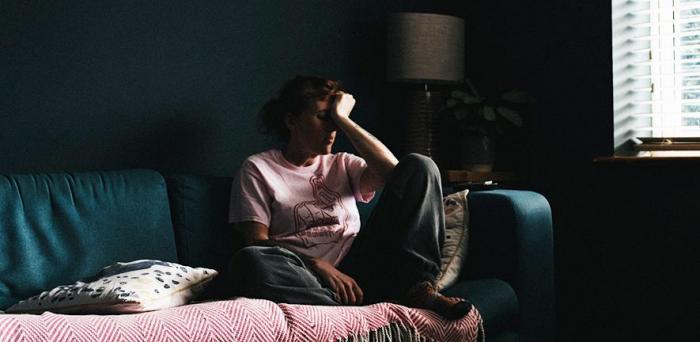The team has received funding from the National Institute for Health Research to develop a test that could complement existing antibody tests. They also aim to use similar biological signatures to develop a test and monitor for long COVID.
While most people recover from COVID-19 in a matter of days or weeks, around one in ten people go on to develop symptoms that can last for several months. This can be the case irrespective of the severity of their COVID-19 – even individuals who were asymptomatic can experience so-called ‘long COVID’.
Diagnosing long COVID can be a challenge, however. A patient with asymptomatic or mild disease may not have taken a PCR test at the time of infection – the gold standard for diagnosing COVID-19 – and so has never had a confirmed diagnosis. Even antibody tests – which look for immune cells produced in response to infection – are estimated to miss around 30% of cases, particularly among those who have had only mild disease and or beyond six months post-initial illness.
A team at the University of Cambridge and Cambridge University Hospital NHS Foundation Trust has received £370,000 from the National Institute for Health Research to develop a COVID-19 diagnostic test that would complement existing antibody tests and a test that could objectively diagnose and monitor long COVID.
The research builds on a pilot project supported by the Addenbrooke’s Charitable Trust. The team has been recruiting patients from the Long COVID Clinic established in May 2020 at Addenbrooke’s Hospital, part of Cambridge University Hospital NHS Foundation Trust.
Image: Tired looking woman
Credit: Annie Spratt
Reproduced courtesy of the University of Cambridge
